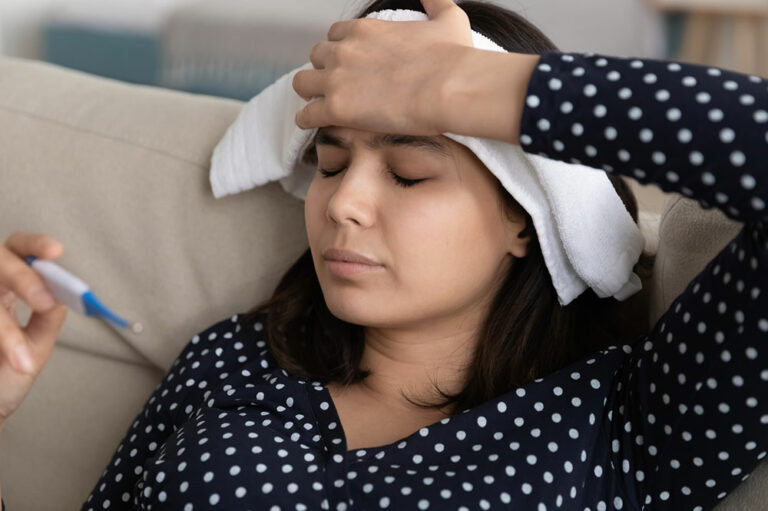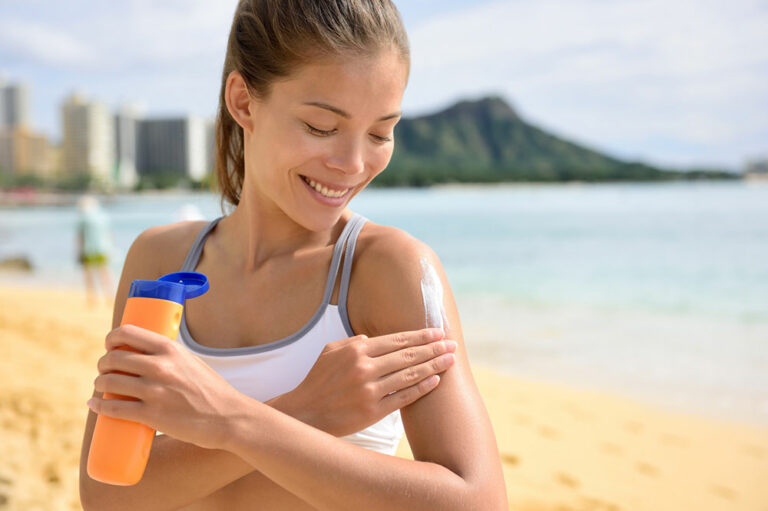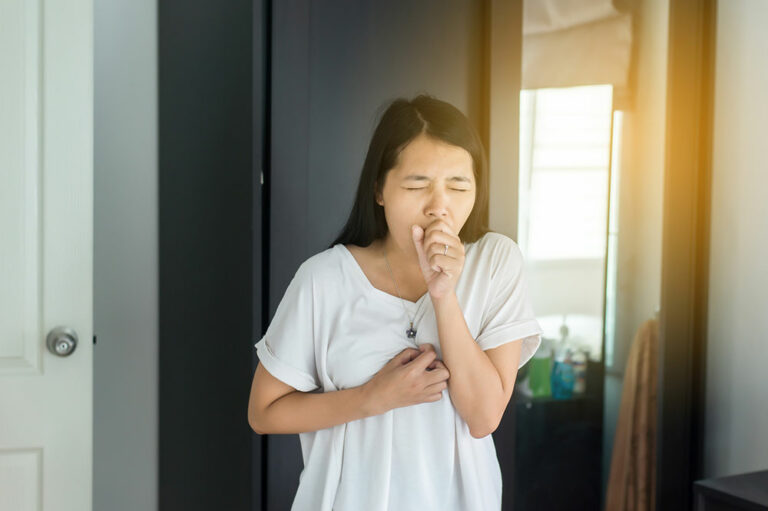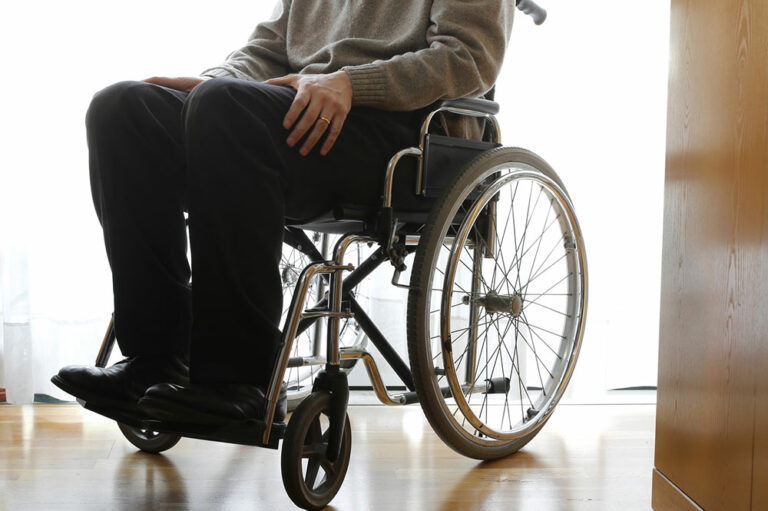
01
3 signs of weak immunity and ways to boost it against respiratory viruses like SARS-COV
The immune system is a complex network of cells, tissues, and organs that work together to defend the body against harmful invaders, such as pathogens (disease-causing microorganisms), abnormal cells, and foreign substances. Its primary function is to protect the body from infections and diseases. Weak immunity presents some evident issues that one shouldn’t ignore. Here is an overview of the signs and what can be done to manage low immunity. 1. Frequent infections and fatigue Individuals with weakened immunity are always at risk of recurrent infections like colds and sinusitis caused by respiratory viruses, as well as urinary tract and skin infections. Their healing is compromised as common wounds like cuts, bruises, and injuries take longer to heal than usual. All this leads to persistent tiredness that significantly affects a person’s quality of life. 2. Allergies and autoimmune responses An overactive or dysfunctional immune system triggers allergies that manifest as allergic rhinitis, asthma, or skin reactions. Frequent mouth or genital ulcers also indicate an underlying concern that shouldn’t be ignored. The immune system can also mistakenly attack healthy cells and tissues, leading to the development of autoimmune diseases like rheumatoid arthritis, lupus, and multiple sclerosis. Further, chronic gastrointestinal issues like diarrhea, bloating, or frequent infections in the gut can be linked to a compromised immune system.
Read More 









